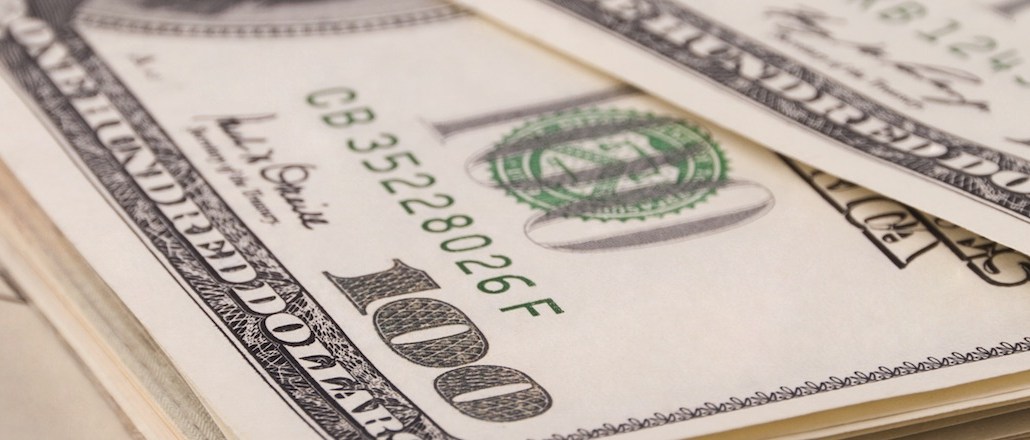Secure your place at the Digiday Media Buying Summit in Nashville, March 2-4
What scandal? FanDuel and DraftKings have biggest Sunday ever, report shows

Despite last week’s allegations of shady insider trading occurring among the employees at DraftKings and FanDuel, the two sites had its biggest Sunday ever yesterday according to fantasy sports analytics firm SuperLobby.com.
Both websites raked in a combined 7.5 million entries, an increase from 6.93 million entries from the prior week, making it the most profitable week of this year’s NFL season, the report says. Combined, FanDuel and DraftKings garnered a record-breaking $45.6 million in entry fees.
The report comes after an investigation from the New York Times that a DraftKings employee won $350,000 on FanDuel using player information that wasn’t publicly available, forcing the two venture-backed companies to enforce new regulations preventing its employees from using each other’s website. The revelation prompted a flurry of class action lawsuits and the government opening an investigation into both company’s practices.
Worries that the news would negatively impact both brands are “unjustified,” SuperLobby says. “If anything, it may be that the ‘there is no such thing as bad publicity’ maxim has come into play.”
Both companies haven’t let up on their smothering television tactics, either. Both companies aired a combined 27,600 ads last week, with FanDuel landing in second place on iSpot.TV’s top 10 biggest spenders list, spending roughly $17 million in ads last week. DraftKings didn’t land in the top 10.
More in Marketing

Thrive Market’s Amina Pasha believes brands that focus on trust will win in an AI-first world
Amina Pasha, CMO at Thrive Market, believes building trust can help brands differentiate themselves.

Despite flight to fame, celeb talent isn’t as sure a bet as CMOs think
Brands are leaning more heavily on celebrity talent in advertising. Marketers see guaranteed wins in working with big names, but there are hidden risks.

With AI backlash building, marketers reconsider their approach
With AI hype giving way to skepticism, advertisers are reassessing how the technology fits into their workflows and brand positioning.





